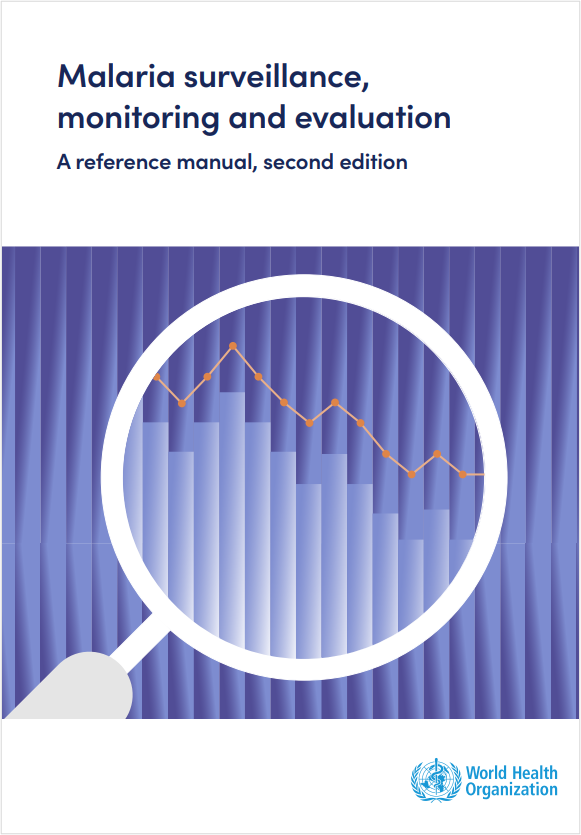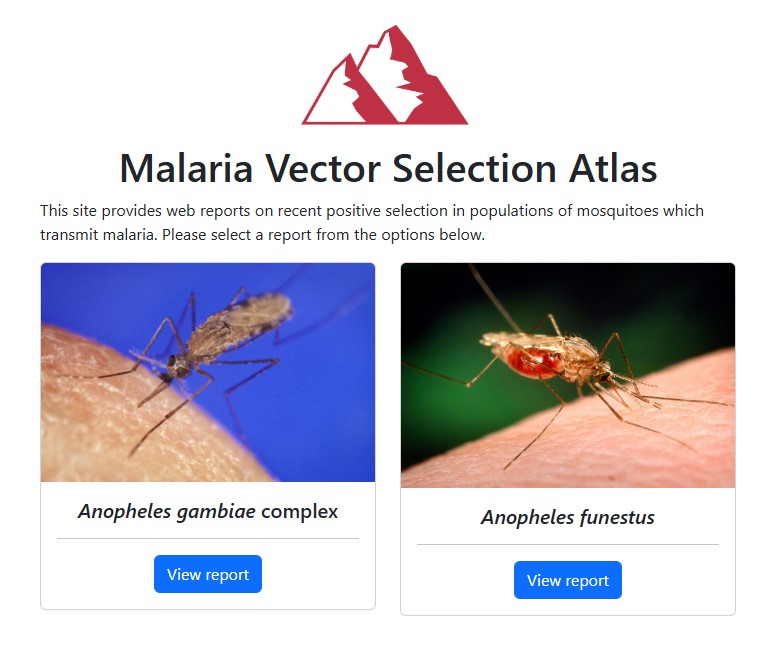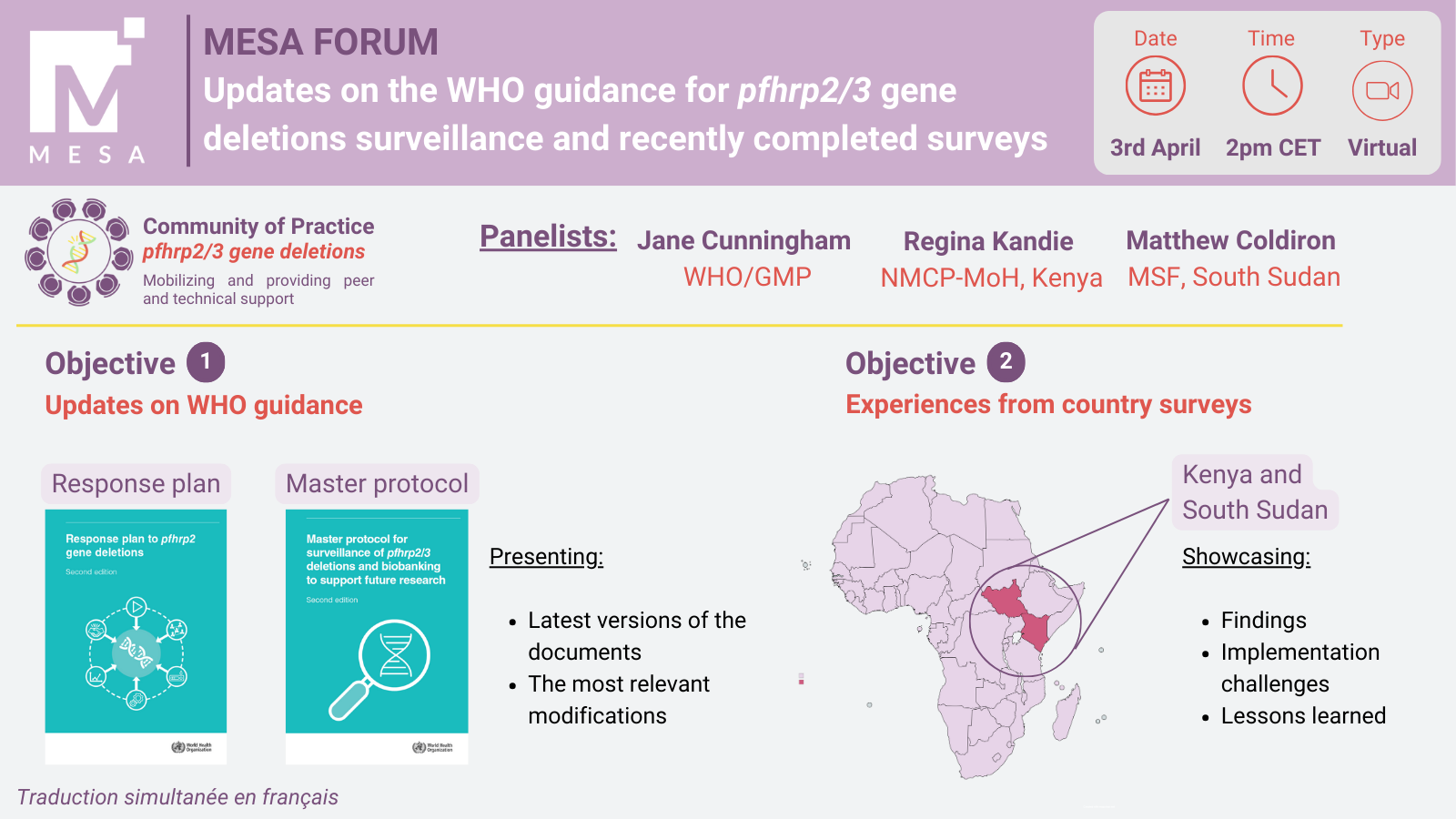Last Updated: 23/09/2025
MALELIM – Evaluation of the Community-Based Malaria Surveillance and Response in Rwanda
Objectives
- Evaluate the impact of malaria control interventions in Rwanda over the last 5 years,
- Evaluate the contribution of integrated interventions approach through reactive Community-based Malaria Surveillance and Response in accelerating malaria elimination in Rwanda,
- Identify malaria infection characteristics and risk factors in Rwanda to inform tailored interventions.
Swiss Tropical and Public Health Institute (Swiss TPH), Switzerland
Malaria cases and incidence have considerably reduced in Rwanda in the last 5 years. Further decreasing and ultimately reducing transmissions to zero in our communities including high-risk or vulnerable populations is essential to achieving and sustaining malaria elimination. Today, most of malaria control strategies rely on passive case detection through health facilities and CHWs. This passive case detection forms the foundation of malaria surveillance and the primary mechanism for case identification in malaria control and elimination programs. However, such passive case detection requires that patients (symptomatic) seek care at health facility or CHW level, and most of time dependent on accessibility to those health services. As transmission declines, a larger proportion of malaria infections will not take the attention of health facilities, continuing to represent real parasite reservoir at community level, late contribute to resurgence of malaria (residual transmission). Furthermore, it is currently known that most of High-Risk Populations (HRPs) are less likely to present at health care provision point (health facilities or CHWs) due to different factors (mobile populations, inaccessibility to services, etc.) and with low access, coverage and use of existing malaria control interventions (diagnosis, treatment, prevention). This project aimed to be based on community based surveillance and response through integrated malaria control interventions approach will help Rwanda malaria control program to improve the deployment of interventions, and ultimately sustain the gains in malaria declines towards the achievement of malaria elimination in Rwanda.
Mar 2023 — Mar 2027
$54,237


